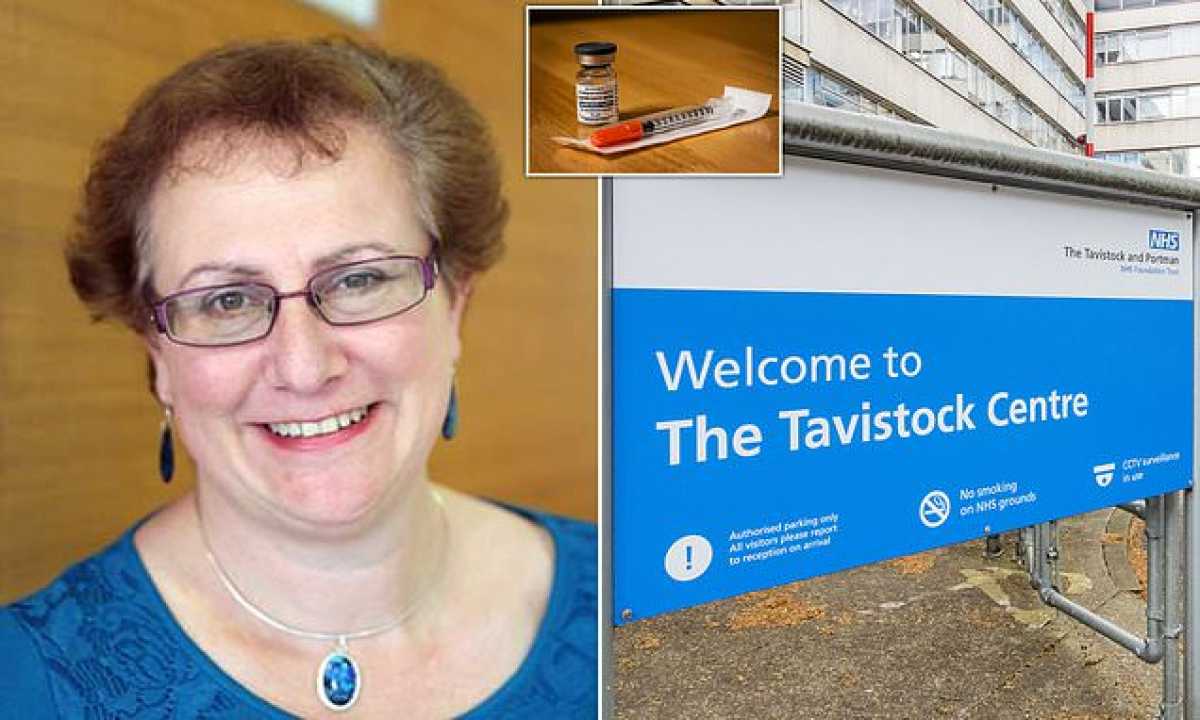Health
Controversy Surrounds NHS Decision to Halt Puberty Blockers Prescription for Young People in England

England‘s National Health Service (NHS) has made a contentious decision to cease prescribing puberty blockers for children and young individuals with gender dysphoria or gender incongruence.
The NHS England‘s decision was based on research findings collected by the National Institute for Health and Care Excellence (NICE) in 2020, which raised concerns regarding the treatment’s efficacy and potential side effects.
Stonewall, an LGBTQ advocacy group, expressed concerns over the NHS England decision, emphasizing the importance of high-quality healthcare for all trans young people.
U.K. Secretary of State for Health and Social Care, Victoria Atkins welcomed the move, highlighting the necessity for clinical evidence to guide healthcare decisions impacting children’s well-being.
Fewer than 100 children and teenagers in England are currently receiving puberty blockers through the NHS, with provisions for continued treatment for these individuals and potential access for some through clinical trials.
Legislation restricting gender-affirming care for minors, including puberty blockers, has been a trending topic in the U.S., contrasting with the NHS England’s recent decision.
Research from LGBTQ organizations has shown that gender-affirming care can significantly reduce the likelihood of depression and suicide among transgender and nonbinary youth.
NHS England’s move has sparked further debates surrounding gender-affirming healthcare for young people in the country, drawing attention to the complexities of trans healthcare policies and practices.












